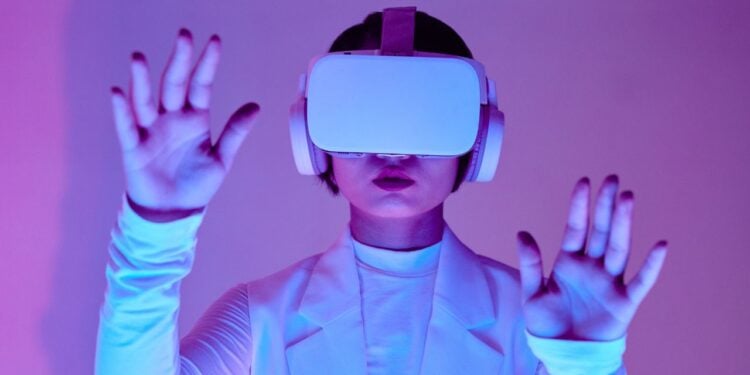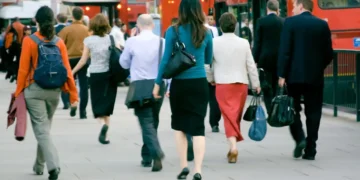As artificial intelligence use at work continues to advance, a new study from Elon University’s Imagining the Digital Future Center reveals growing concern among global tech experts about its impact on fundamental human traits. Surveying over 300 experts, the study predicts that AI will deeply alter how we think, feel, and interact with each other by 2035.
The results are clear: most experts expect AI’s influence to be “deep and meaningful,” with significant shifts in areas like emotional intelligence, empathy, decision-making, and even our sense of purpose.
Nearly 61% believe these changes will be transformative, while only 16% foresee mostly positive outcomes. Experts are particularly worried about the erosion of social and emotional intelligence, mental well-being, and our ability to trust others and maintain our identities in a world increasingly dominated by machines.
Despite these concerns, there’s a glimmer of hope. Many experts believe AI could enhance creativity, problem-solving, and innovation — key traits that humans may preserve or even strengthen in the face of automation.
However, some foresee a troubling future where AI surpasses us in creativity, intelligence, and even art, potentially leading to a world where humans are no longer the dominant force in shaping culture and progress.
The report’s findings serve as a stark reminder that AI’s evolution is a profound societal transformation, whether we wanted it for not. It’s already taking away some human jobs — which many feared that it would.
The next decade will determine how we navigate this co-evolution and what remains uniquely human in a world of increasingly intelligent machines.



 Dr. Gleb Tsipursky – The Office Whisperer
Dr. Gleb Tsipursky – The Office Whisperer Nirit Cohen – WorkFutures
Nirit Cohen – WorkFutures Angela Howard – Culture Expert
Angela Howard – Culture Expert Drew Jones – Design & Innovation
Drew Jones – Design & Innovation Jonathan Price – CRE & Flex Expert
Jonathan Price – CRE & Flex Expert










